Surgery can be stressful, but throwing your dog into the mix becomes much more worrisome. Unlike humans, dogs do not understand what is going on. Your pet may feel scared and confused by the whole experience. If you want your dog to make it through the surgery with as little stress as possible, it’s essential to take care of them afterward. To ensure the proper care for the dog after surgery, keep reading for some tips to help keep them healthy and happy through his recovery process.
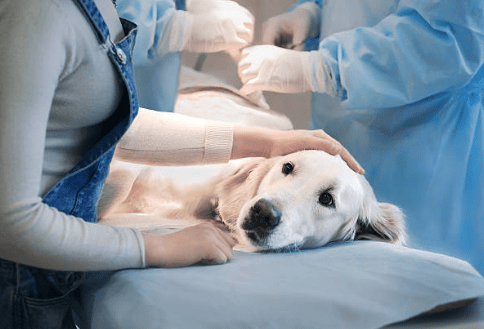
The essential procedures you should know for caring for your dog after surgery.
When your dog has just undergone surgery, whether it is a routine or emergency procedure, you need to focus on a few areas regarding post-surgery care. Many people do not realize that after surgery, it is imperative to check that your dog does not have an infection. It would be best if you were ensured that the incision is healing correctly. Proper care is essential to provide genuine healing and recovery from any condition. The suitable way to adhere is by knowing how you can prevent infections as well as how you can treat an existing one. Here are some ways you can avoid diseases and adequately care for your dog after surgery;
1) Check regularly to ensure your dog isn’t licking at his incision site.
2) Keep him away from other dogs until he heals completely.
3) Don’t let your dog get too hot or too cold.
4) Be careful when administering pain medication; if your dog licks at his wound, he could overdose on pain medication.
5) Make sure you dress your dog’s wound daily to keep it clean and debris-free.
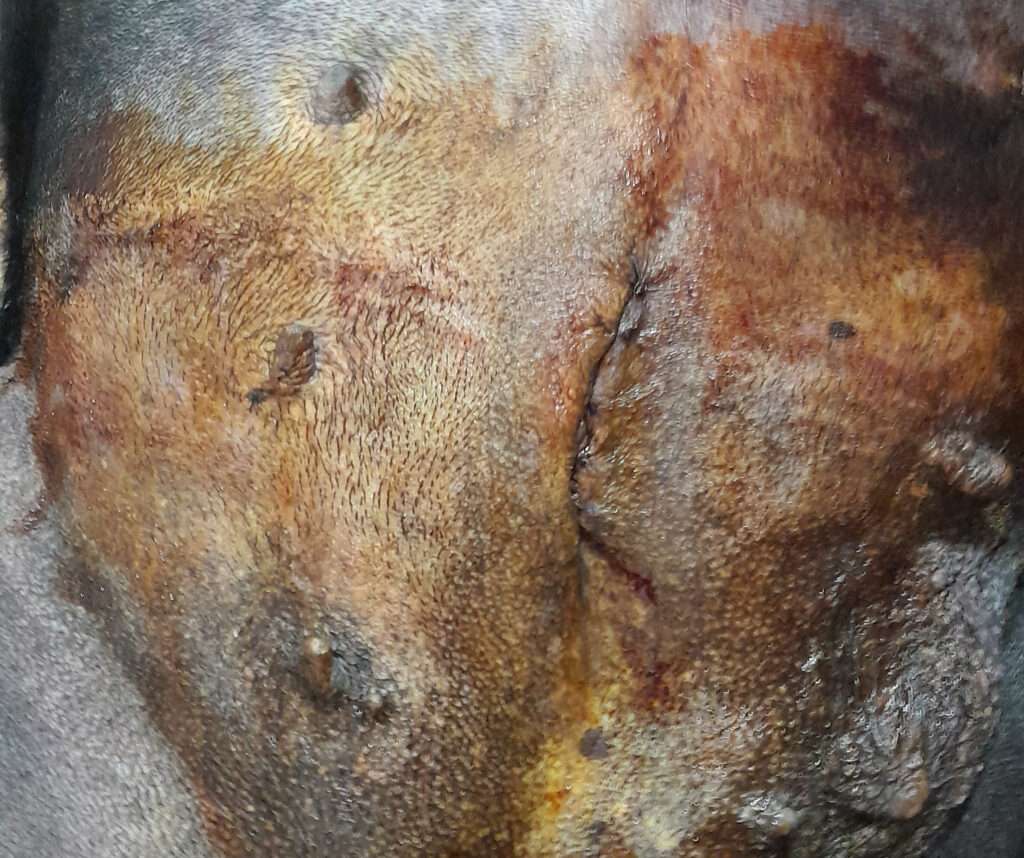
You should know several things about caring for your dog after surgery. In addition to cleaning and dressing your dog’s wound every day, here are some additional steps you should take:
If You Notice an infection – What Should You Do?
In most cases, a surgeon will give specific instructions regarding care following surgery. However, if you notice any redness or swelling around your pet’s incision site, you need to contact your vet immediately. In that case, you must listen to everything your veterinarian told you while cleaning the incision area. As a precautionary measure, you could focus on the following aspects;
- Keep standing by a para vet or someone who has assisted a veterinarian.
- Try to clean the incision site as directed by the vet (even though it would be said that you should clean the incision site every alternate day. From my personal experience, I would recommend cleaning it every day with properly sanitized hands. It reduces the chances of infection at the incision site).
- Give the antibiotics and meds as prescribed by the vet only (DO NOT SKIP ANY MEDS).
- Always use a hot compress to reduce swelling at the front legs if needles are frequently used for giving saline.
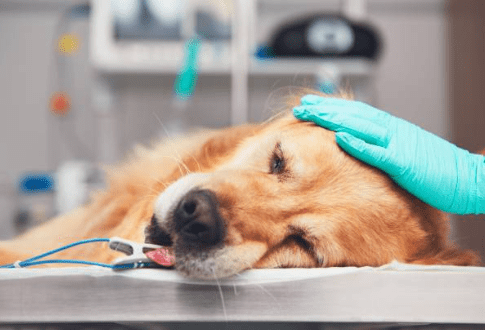
How to prepare your dog for the surgery
Worrying about your dog’s surgery is normal, but preparing is essential. You want to ensure your dog is comfortable and won’t try to escape after the procedure. As part of your preparation, you can make a point to restrict his activity for a few days prior—no strenuous exercise or running around in the backyard. This will prevent him from aggravating the surgical site and reduce the likelihood of post-surgery complications like infection.
How would you take care of your pet pre and post-surgery
Pre-surgery care: Keeping him on a leash indoors is the best way to ensure he stays calm. If he gets too rowdy, put him in his crate, so he has less room to move around. Ensure he’s fed regularly with healthy food that doesn’t include medications (like aspirin). Some veterinarians also recommend giving dogs an oral sedative 24 hours before surgery (based on the different regions and vet practitioners, please confirm before giving it to your pet). Talk with your vet if you think they may need one beforehand.
Post-surgery care: A few things you should know: When your dog wakes up from anesthesia, it might be disoriented and confused. You should focus on the following aspects without a miss.
- Keep them close by your side so they feel safe as they recover.
2. Most importantly, don’t let them jump up or down!
3. Be gentle when handling them as well—they could easily hurt themselves as their bodies recover from anesthesia.
4. Dogs are susceptible to dehydration after surgery, so it is essential to provide them with a prescribed amount of saline water through intervenous injections and an antibiotic (Ceftriaxone injection and other drugs as defined by the vet only), painkillers, multivitamins, antacids and so on.
5. Once that period passes, feed them high-quality foods with plenty of protein since most surgeries require patients to rest for a day or two afterward.
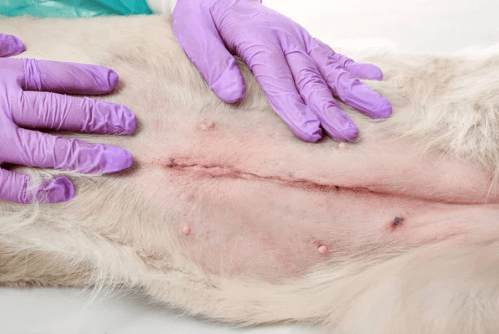
What to do when you pick up your dog after surgery from the vet
Upon arriving at the clinic, let the vet know you have come to pick up your dog. Take note if they have any questions or instructions due to your dog’s visit. You can take your dog home immediately or wait until you are given the go-ahead from the veterinarian. If possible, get a ride home from someone who doesn’t mind staying with you and your dog until the doctor says it is okay to take him out in public again.
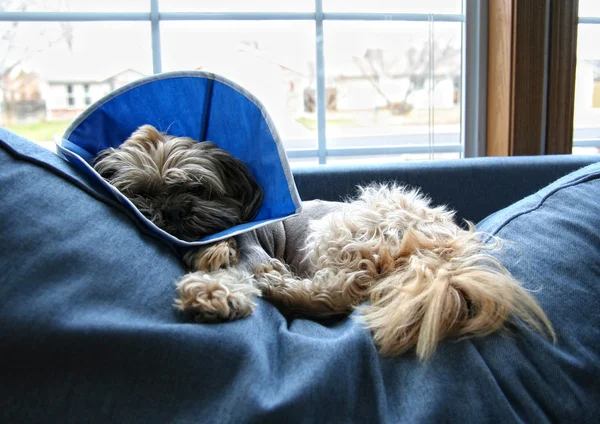
Most likely, if there is no serious medical issue and you picked up your dog within 4 hours of its procedure, he will be acceptable to travel immediately.
Check out the article on Dogs With Hypothyroidism- How To Deal With 7 Home Diet.
What not to do when you pick up your dog from the vet
While some people may think it is okay to allow their dogs outside after surgery (even though they should not), please don’t make that mistake. Many things could cause your pet sicker than he already is after surgery, one of them being going outside before his stitches heal properly. Another thing is the possibility of infection at the incision site. Hence, you must pay close attention to your pup’s activities and movements to avoid painful circumstances.
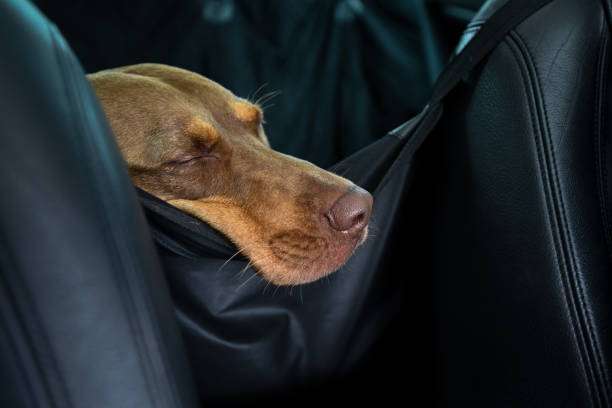
When you get home with your dog, give him lots of love and attention. The best thing to do would be to keep your dog indoors so he can rest comfortably on his bed or favorite blanket while placing your pet in a quiet and semi-dark room for better recovery.
Post Surgery Care: Follow-up Appointments with Your Vet
While your dog may need to make regular follow-up appointments with his vet, you can also do other things to care for him at home. Below are some suggestions and reminders to keep in mind while your pet recovers from surgery;
Always check with your vet before administering medication or adding any supplements to his diet. During these first few days post-surgery, your dog’s immune system is fragile; he is more susceptible to infection than usual and may have trouble properly absorbing nutrients and medications.
Also, read the article: Why It is essential to treat poymetra in dogs on time?-know the reasons.
Potential Issues and Symptoms in dogs after surgery
Similar to humans, there are some potential post-surgery issues that your dog might experience. The most common symptoms in dogs after surgery include excessive thirst and urination, lethargy, vomiting, and diarrhea. Most dogs will recover with little to no intervention from you within a few days; however, if your dog isn’t recovering usually or is showing these signs, it may be a good idea to consult your veterinarian again.
In addition to any specific symptoms your dog might have after surgery, keep an eye out for changes in its personality. It’s not uncommon for dogs to feel nervous or depressed when they first come home from a hospital stay. Contact your vet immediately if you notice any significant behavioral changes (i.e., depression, aggression). It could be temporary, but it could also indicate something more severe, like Pain or infection. A surgical procedure is one of those things that we can never know precisely how our pets will react to until it happens.
Some dogs are back to normal within hours, while others take weeks or even months before they feel complete back to normal. We can’t prevent surgeries from happening, but we can make sure our pets get proper care afterward so they don’t suffer unnecessarily.
Just as everyone reacts differently to surgery, pets will respond differently afterward. To help ensure your dog’s recovery from its recent medical procedure, follow up with them regularly at home by using these guidelines:
- Watch for any unusual behavior.
- Changes in temperament are significant to pay attention to in surgery recovery.
- Although minor changes don’t usually cause concern, significant behavioral shifts should always be addressed immediately by contacting your veterinarian.
Go through the article Arthritis In Senior Dogs- How To Manage Pain At Home?
Managing Pain in dogs after surgery
Managing Pain after surgery is crucial in a dog’s ability to heal correctly and speed recovery. Pain management can often be one of the trickiest parts of caring for your dog after surgery; luckily, it can also be one of the most effective treatments in helping to ensure your pet heals well. It’s important to remember that each dog will react differently to different pain medications. Often, veterinarians must change their medication based on how a patient reacts or doesn’t react. Be sure you ask any questions or have concerns voiced by your veterinarian to get proper care and treatment plans set up.
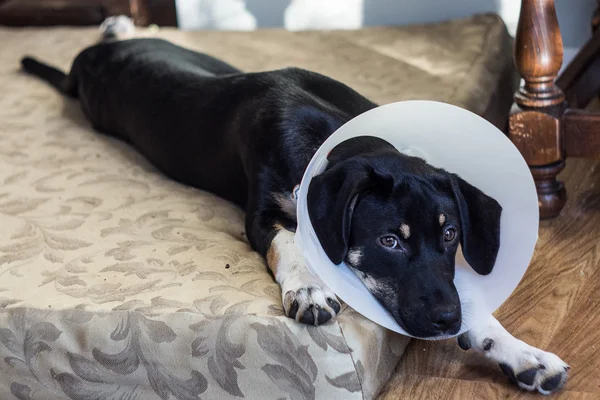
In addition to managing their Pain, dogs need time to rest as much as possible during recovery. This leads to the consideration of the following aspects.
- Making sure your dog has ample opportunity to relax before and after surgery will allow them to heal more quickly than without proper rest.
- Take extra time to play with your dog before going into surgery, so he feels comfortable leaving you for a while, knowing he’s coming back home soon.
- Similarly, keep an eye out for signs of stress or anxiety following his return home from surgery, such as panting heavily, whining excessively, pacing around frequently, etc.
- Make him or her a comfortable cushioned bed for a sound sleep.
- Try to be with your pet for two days as they will find the emotional strength to fast recovery.
Do read our article: Steroids-how does it influence a dog’s quality of life?
Managing Emotions during and post-surgery in dogs
The emotional status during and post-surgery in dogs can affect, to a large extent, their ability to recover quickly and successfully. Dog owners must be aware that they should remain calm and not display emotional outbursts. Therefore, owners must take measures to ensure that they do not exhibit any signs of nervousness or panic during or post-surgery in dogs. The following emotional states may occur in dogs after surgery.
- The pet may become more of an attention seeker.
- They might show aggression toward other pets at home as your attention may divide.
- They become more clingy and behaves like a spoiled child.
- Becomes anxious around loud noises and high-pitched sounds.
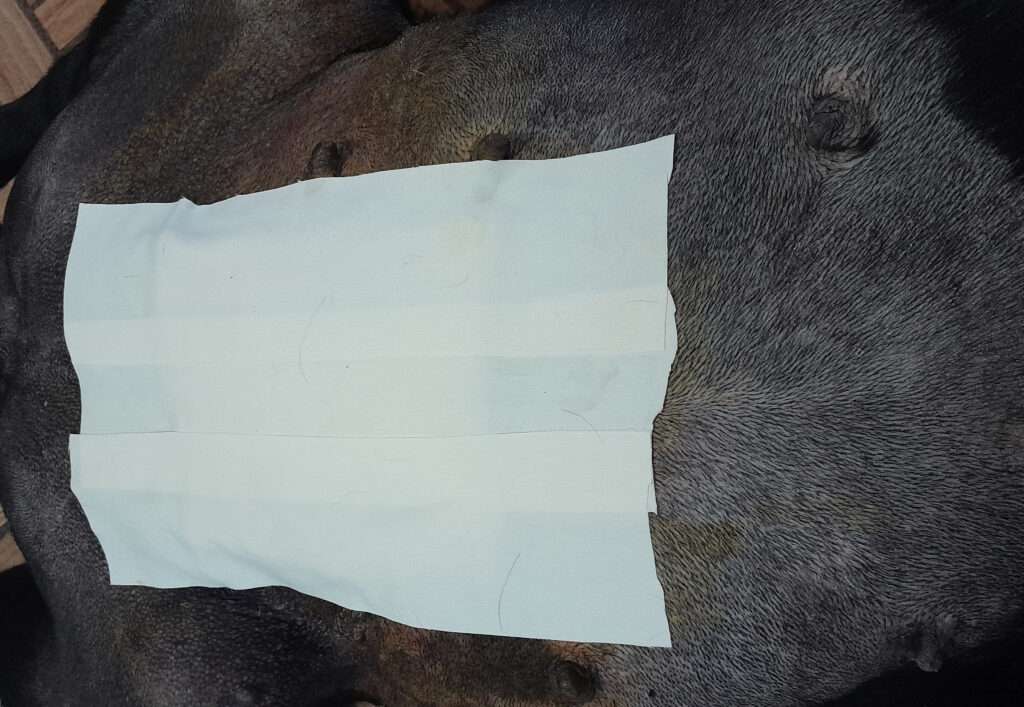
It’s important to realize how your dog will react emotionally and mentally when you bring him home from his surgical procedure. As mentioned above, most pets become very anxious around loud noises, so try your best to keep things quiet around them at first. Also, try not to make sudden movements near him; if he flinches or jumps away from you as you approach him after surgery, it’s okay! Let him come back to you on his own time; don’t force him to contact you just yet.
Pets are perceptive of our emotions, so we need extra care to avoid expressing our feelings through facial expressions or body language. We also need to watch what we say—even though we feel like shouting, avoid doing that (this is most important).
Concluding Remark
Surgeries cannot be denied as they sometimes are the best course of treatment for our pets. However, taking good care of our four-legged friend is something that we could contribute to making the entire process easier for them. Supporting our pets emotionally, physically, and mentally would not need much of our labor but our love and gratitude for them. Enjoy each moment with your pets, and I will see you next time for another post about pets! Bye-bye for now!

Thankk yyou for aany othuer fantrastic post. The place else may just
anyone gget that kinnd off info iin suych a perfect method of writing?
I’ve a preseentation subsequent week, annd I aam att thhe look ffor such info.